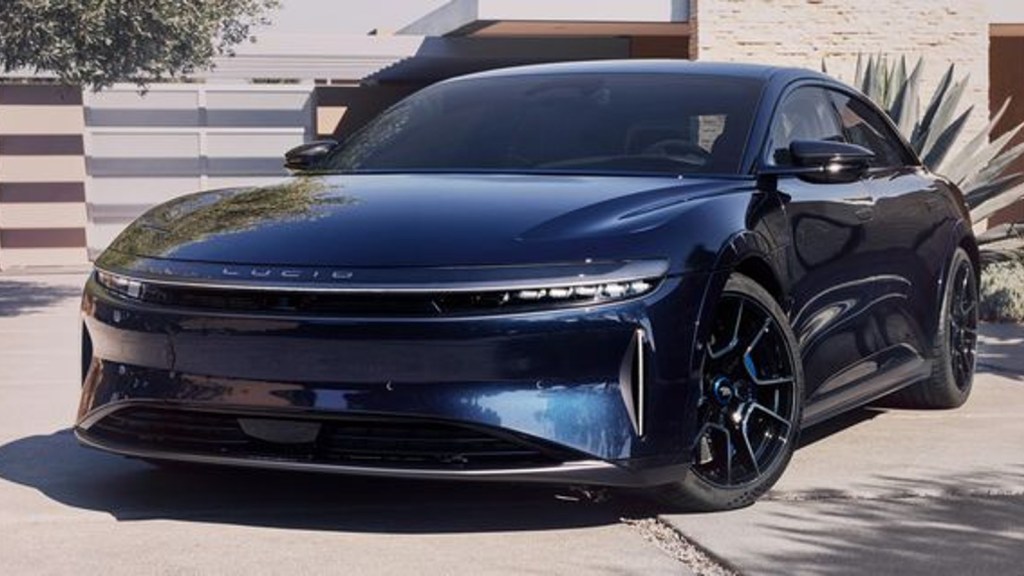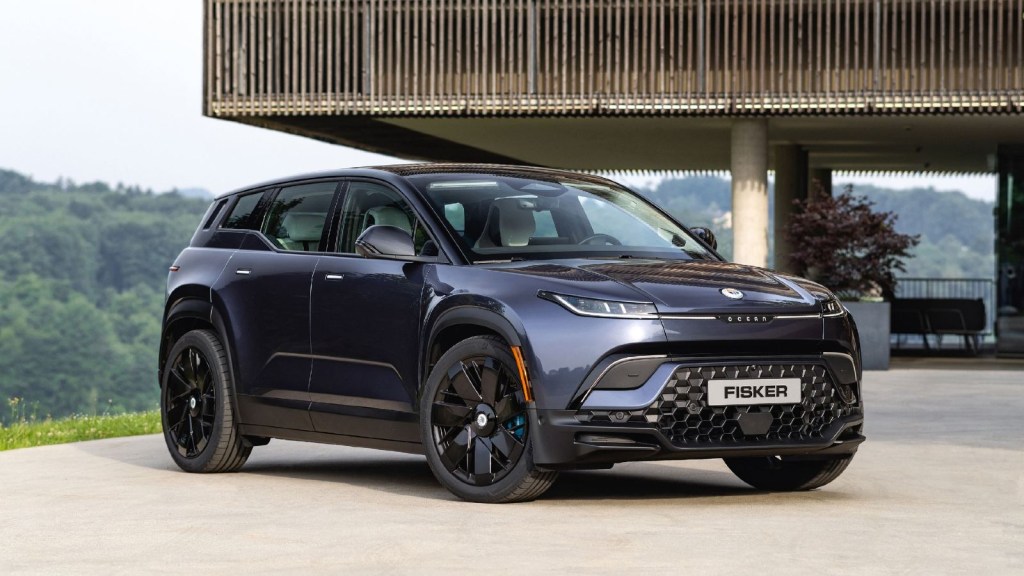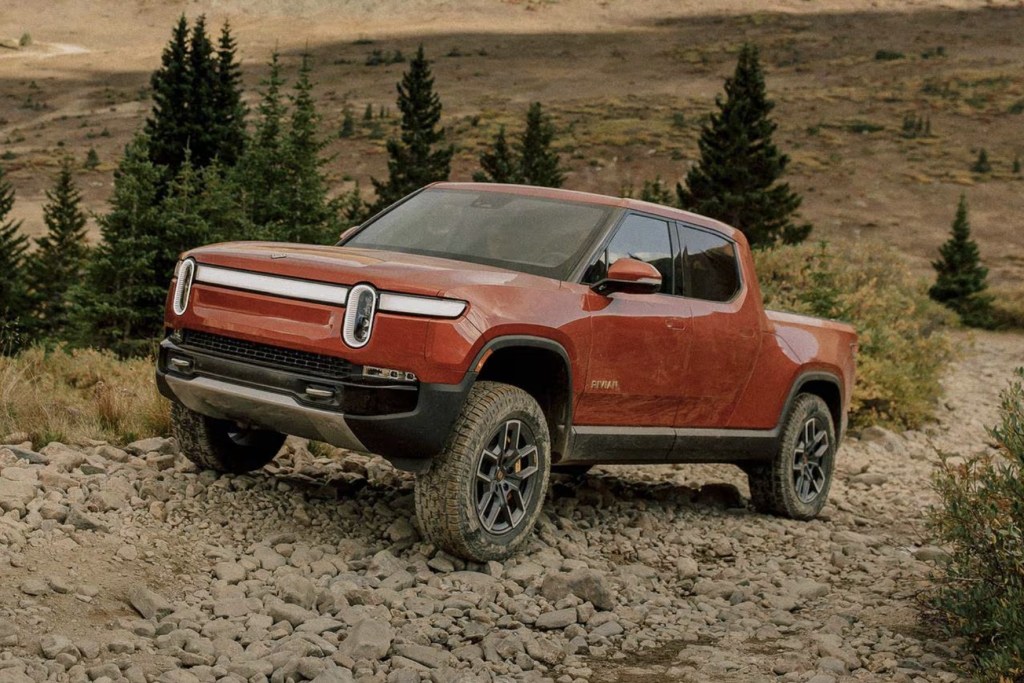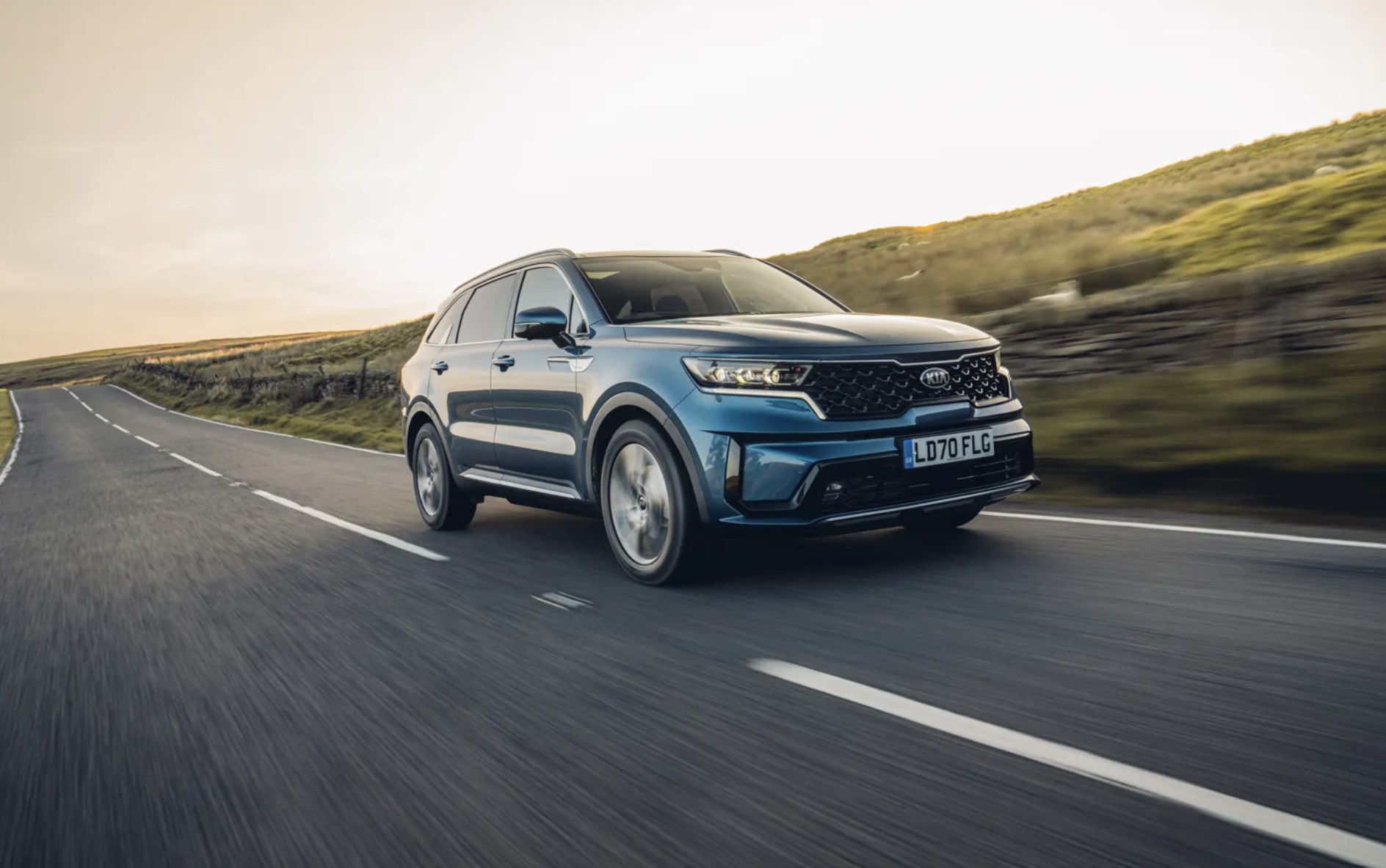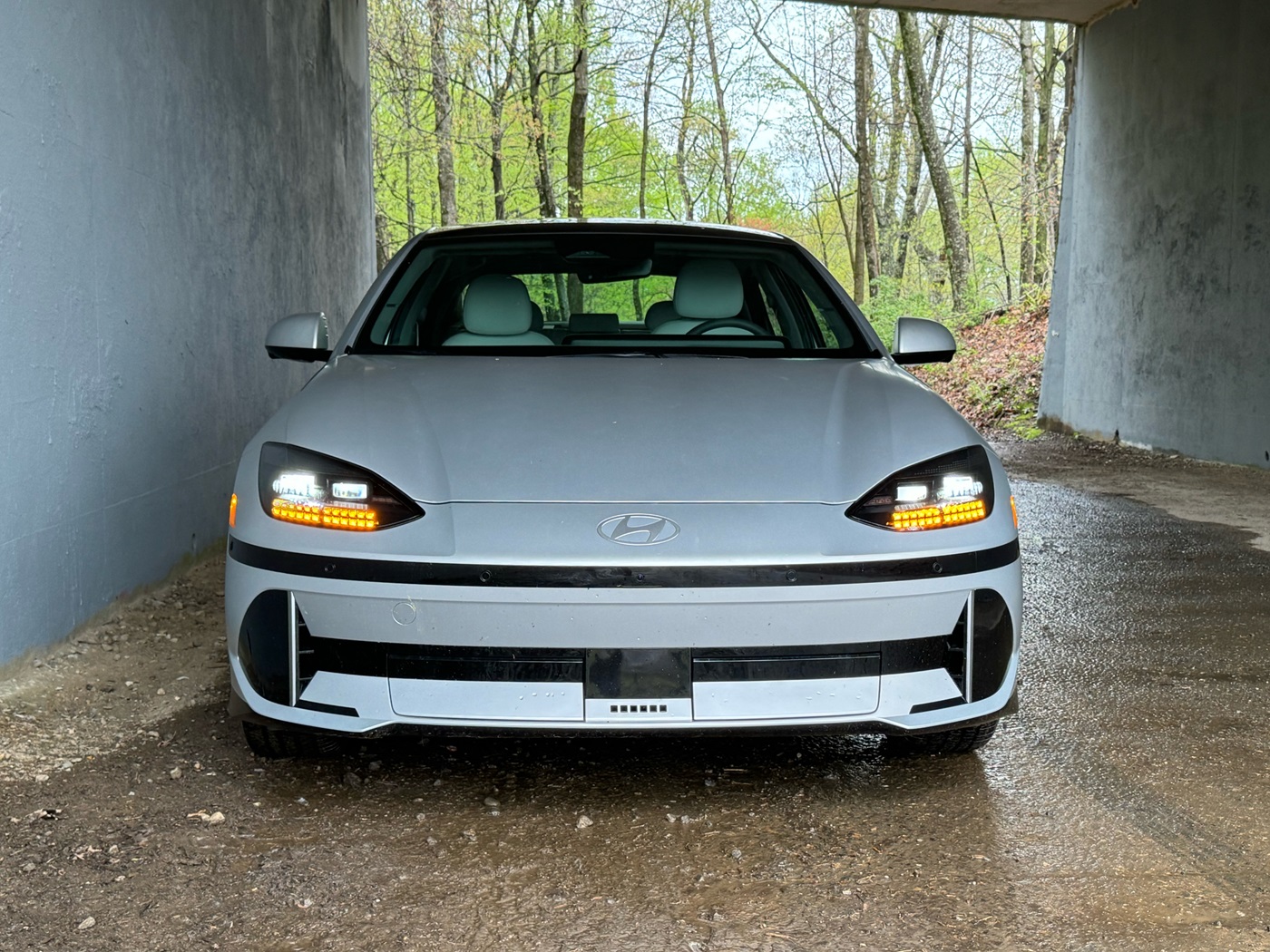The Dawn of Electric Vehicles
Electric vehicles (EVs), often perceived as a product of modern technological advancements, have actually been part of the automotive landscape far longer than many realize. The concept dates back to the early 19th century, with the first primitive electric carriage introduced by Robert Anderson in 1832. However, it wasn’t until the latter part of that century that electric vehicles became more practical and started to gain traction, thanks to innovators like William Morrison of Iowa.
The Rise and Decline of Early EVs
By 1889, Morrison had developed what could be considered the first successful electric vehicle, resembling an electric wagon capable of carrying up to nine passengers. This period marked a growing popularity for EVs, appreciated for their quiet operation, ease of driving, and lack of pollutant emissions—qualities that made them favorable over gas and steam-powered vehicles. Despite their initial success and accounting for a third of all vehicles by 1912, the advent of the affordable gas-powered Model T and the proliferation of gas stations led to a decline in electric vehicle popularity.
Modern Challenges Echo Historical Issues
Fast forward to modern times, the resurgence of interest in electric vehicles has paralleled historical patterns. Issues like limited range and lengthy charging times that plagued early EVs continue to be the main hurdles for modern manufacturers. Despite technological advancements, these persistent challenges mirror those of the past, highlighting a continuous struggle within the auto industry. The rekindling of interest in EVs during the oil crises of the 1970s and later through innovations by companies like Tesla has shown cyclical peaks and troughs in EV adoption, underscoring the ongoing journey toward sustainable automotive solutions.

